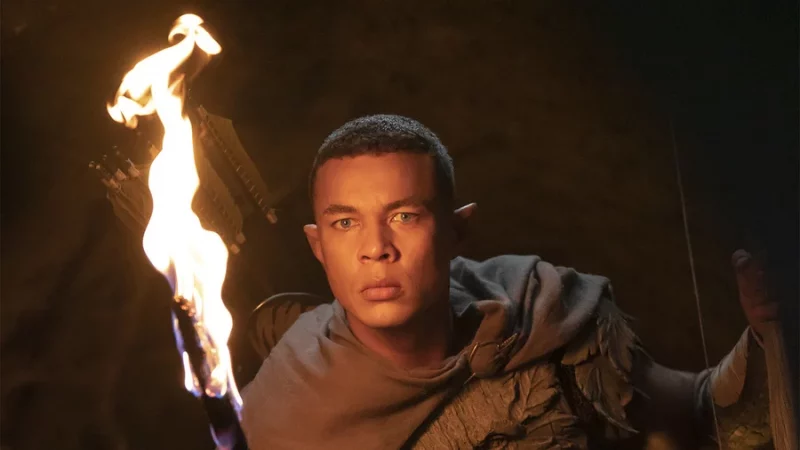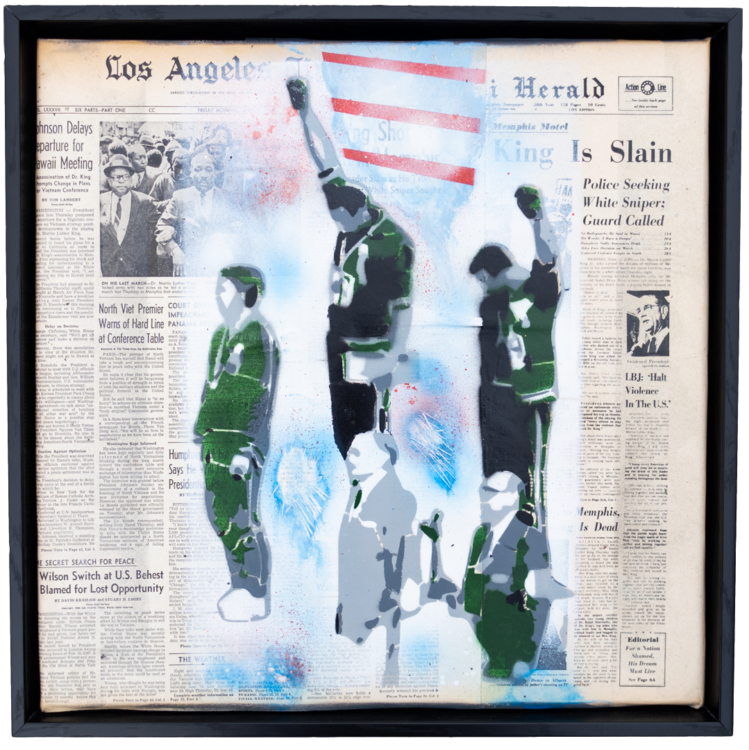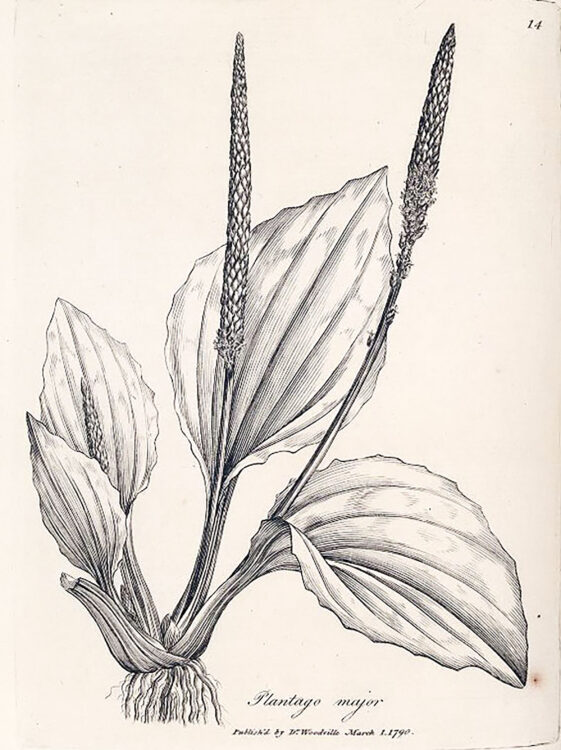Why Black characters in ‘Rings of Power’ and ‘Little Mermaid’ make fantasy better
Share
Explore Our Galleries
Breaking News!
Today's news and culture by Black and other reporters in the Black and mainstream media.
Ways to Support ABHM?
By Eric Deggans, NPR

My first reaction when I saw the email was exasperation: This is not a debate we should still be having in 2022.
The note popped up from a listener a few days after my review of Amazon Prime Video’s The Lord of the Rings: Rings of Power was broadcast on NPR.
“I was embarrassed for you about your review of Rings of Power,” the message read. The author contended that author J.R.R. Tolkien created the world the TV show is based on as mythology inspired by English history. “Your ‘discomfort’ at fantasy being at [sic] Eurocentric and white centered betrays a profound ignorance of the material and smacks of irrelevance and narcissism. The story isn’t about you and doesn’t have to be.”
I got similar feedback from a few sources on social media after my review was broadcast. In the piece, I admitted toward the end that the series still felt awfully white-centered to me, despite a few key characters portrayed by performers of color.
More recently, after the trailer dropped for Disney’s live action reboot of The Little Mermaid, racists complained about Halle Bailey bringing her Black Girl Magic to the role, making boneheaded hashtags like #notmyariel and #gowokegobroke trend on social media.
Amid grousing about “white erasure” — as if white people are now or have ever been historically underrepresented in fantasy films — it all felt like a twisted version of the argument former Fox News Channel anchor Megyn Kelly once made when she insisted that the fictional Santa Claus was white. (Fun fact: that outburst was triggered by a column NPR colleague Aisha Harris wrote back when she worked for Slate.)
But as columnists and late night hosts craft their snarky insults about pop culture racism, it’s worth noting why so many fans are reacting this way: the original works that they love were super white-centered in the first place.
And these ideas about who gets to stand at the center of pop culture sorely need to be challenged.
Deggans makes a strong argument for diversity in fantasy.
Halle Bailey, star of the new Little Mermaid, wishes she saw characters who looked like her as a child.
Never miss any Black culture news.



Comments Are Welcome
Note: We moderate submissions in order to create a space for meaningful dialogue, a space where museum visitors – adults and youth –– can exchange informed, thoughtful, and relevant comments that add value to our exhibits.
Racial slurs, personal attacks, obscenity, profanity, and SHOUTING do not meet the above standard. Such comments are posted in the exhibit Hateful Speech. Commercial promotions, impersonations, and incoherent comments likewise fail to meet our goals, so will not be posted. Submissions longer than 120 words will be shortened.
See our full Comments Policy here.